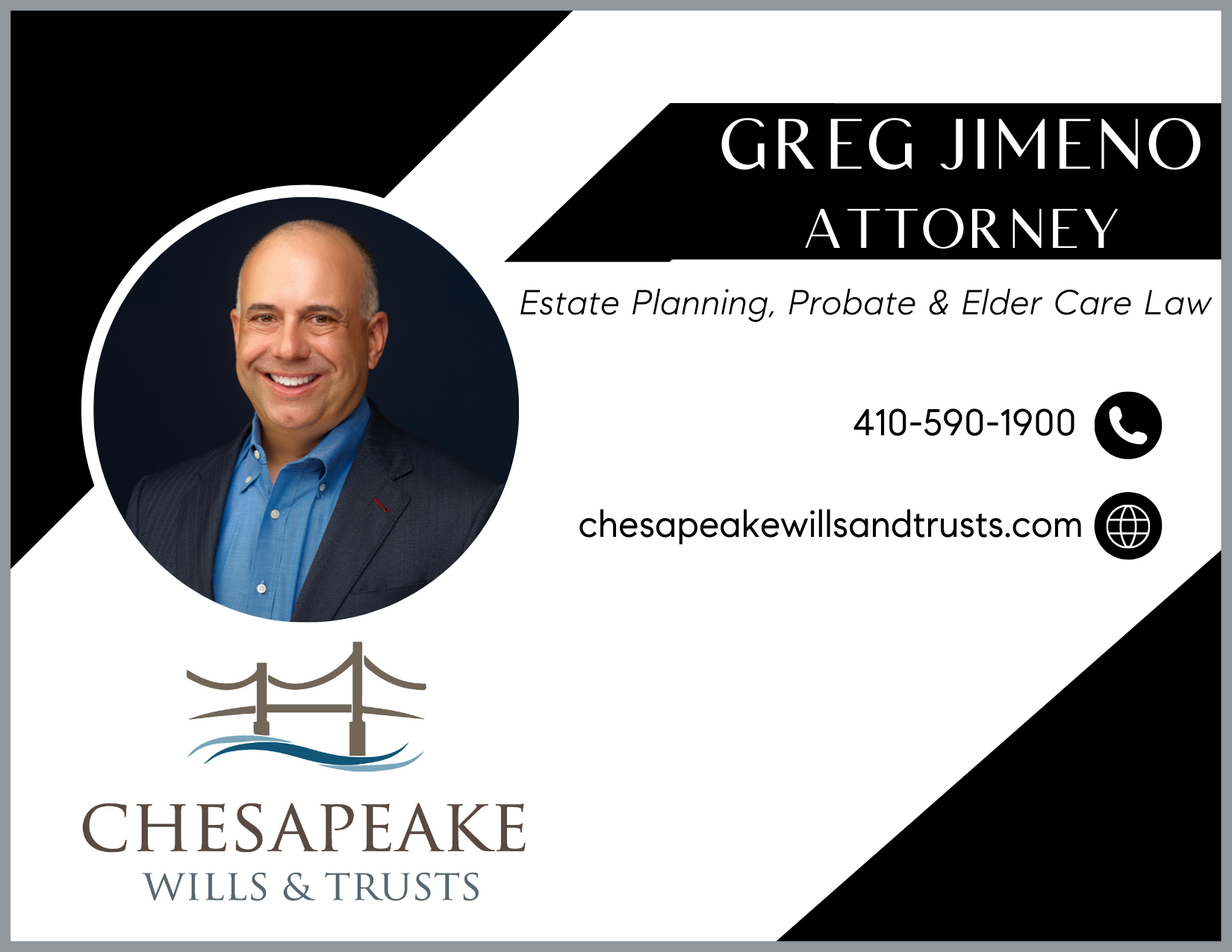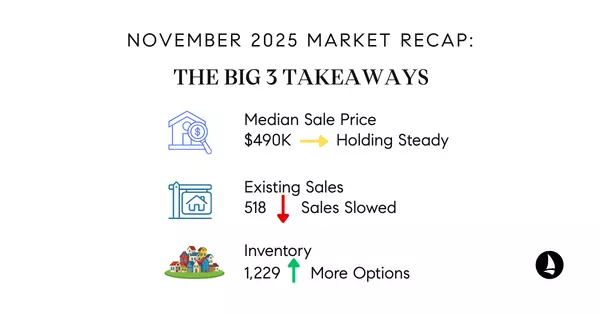Homeowner Education: Estate Planning Tips from Attorney Greg Jimeno

The Jen Holden Group is honored to welcome attorney extraordinaire, Greg Jimeno, to take over our blog this week. We are thrilled that Greg agreed to write a blog addressing very important tax implications related to estate planning. This is news you need to know as a homeowner... learn why "tax basis" is a term you need to know and understand! Huge thank you to Greg for agreeing to share his expertise in estate planning and probate with us.
Welcome Greg Jimeno, Attorney with Chesapeake Wills and Trusts in Anne Arundel County:
As an estate planning attorney, I often have clients who ask me to put their adult children’s names on the deed to their house. For many people, making sure their kids inherit their property as quickly and easily as possible is an important part of their estate plan. However, there are several reasons why adding children’s names to the deed to your house is a bad idea.
Adding a child’s name to the deed to a house is often thought of as a matter of convenience so the kids will not have to go through probate in order to inherit a parents’ house after death. What few people realize is that by adding someone’s name to the deed to their house they are giving someone else an ownership interest in the house, which can have negative consequences for everyone, especially if the child (or even a son or daughter-in-law) who is added to the deed has undisclosed credit problems. Further, if the owner of the house winds up going into a nursing home, the transfer of ownership to another person could make the parent ineligible for Medicaid benefits.
However, more importantly, from a tax perspective, it is far more advantageous to inherit a property after someone’s death than it is to acquire the property during a person’s lifetime. This comes down to a concept called tax basis.
Let’s say you purchased your house for $10,000 forty years ago. The $10,000 purchase price is what is referred to as the “tax basis”. If the house is sold for $500,000 during the lifetime of the original purchaser, there would be a capital gain of $490,000 which, subject to certain exceptions, could be subject to a capital gains tax. If you gift your house to a child during your lifetime, your child would assume the same tax basis of $10,000 that you paid for the property. Assuming the child sells the house for $500,000, the child would also have to deal with a potential capital gains tax on the $490,000 profit on the house.
Now, let’s say that instead of giving your house to a child during your lifetime, your child were to inherit your house after your death. Your child would receive a step-up in tax basis, meaning your child would acquire the property at the value at the time of your death. In other words, if the property was worth $500,000 at the date of your death and your child sold the property for $500,000 shortly after your death, there would be no capital gain and, thus, no capital gains tax to be paid!
With proper estate planning, you can ensure a fast and painless transfer of your house to your children after your death with the added benefit of potentially saving a significant amount on taxes when the house is sold.
About the author -
Greg Jimeno is a founding partner at Chesapeake Wills and Trusts, which is dedicated exclusively to estate planning and elder law. For his work in estate planning, Greg was selected as a SuperLawyer, and recognized by both Baltimore Magazine and What’s Up Annapolis? magazine as one of Maryland’s best.
Greg has become a sought-after speaker on the topics of estate planning and elder law. As the author of the book “How To Protect Your Home And Life Savings In Maryland,” Greg has shared his experiences in estate planning to help others properly put plans in place to make things easier on their families upon their death or disability.
For more information, please visit www.ChesapeakeWillsAndTrusts.com
Categories
Recent Posts











